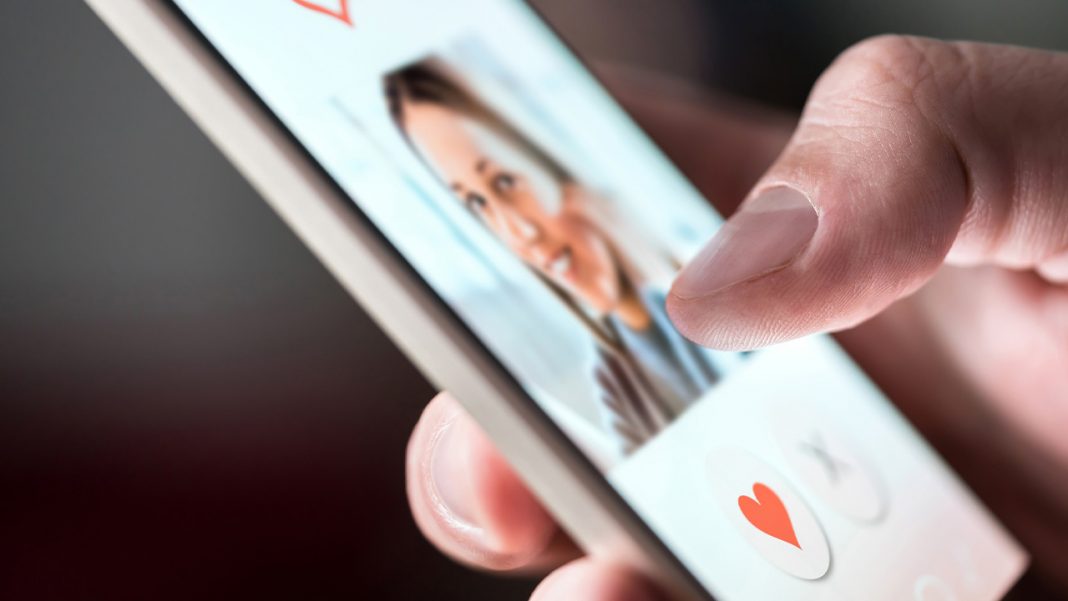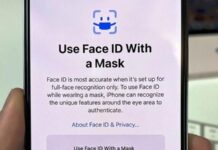Thanks to the pandemic, we’ve all been locked up at home and unable to meet people. So, if you are single, it makes like all more difficult to meet new people and mingle. That’s where dating apps feature. And while all those swipes may lead to something good, or not, make sure you don’t compromise on your security.
Ever since the pandemic locked us in our homes, technology has become even more important in our lives. From ordering in essentials to finding someone significant, the apps are doing all the heavy lifting. The major thing to worry about in times like these is not whether your groceries might come an hour late, or if your date is catphishing you. It’s about online security and keeping your credentials, and yourself, safe. Kaspersky researchers conducted an in-depth study of nine popular dating apps to assess how safe they were and what they found was interesting.
While dating apps have become more secure from a technical standpoint than they were in 2017, they still do possess a significant risk when it comes to exposing too much personal information. This can lead to cyberstalking and doxing. In case you did not know, doxing is when someone leaks some personal/private information about you in public in order to harm or shame you. According to reports, Tinder reached a record 3 billion swipes in a single day in March 2020, while OkCupid experienced a massive 700% increase in dates from March to May that same year.
For their research, Kaspersky analysed nine popular and highly rated dating apps with global user bases: Tinder, Bumble, OkCupid, Mamba, Pure, Feeld, Her, Happn, and Badoo. In 2017, four of these apps made it possible to intercept data sent from the app, and many used the unencrypted HTTP protocol. In 2021, however, the situation has significantly improved. None of the apps studied use HTTP, and no data is sent if the protocol is not secure.
Most dating apps now allow users to register their account with one of their social networking sites, like Instagram, Facebook, Spotify, etc. If the user chooses this method of registering, then their profile is automatically populated with information from that social networking site, such as photos and profile information. Users are also invited to share information such as their place of work or university. All of this data makes it easy to find dating app users’ social media accounts, and depending on their privacy settings on those accounts, a host of other personal information as well.
In addition, some apps like Happn, Her, Bumble, and Tinder make it obligatory for users to share their location. Some other apps, like Mamba, share the distance of users to the nearest meter. Happn has an additional functionality that lets users see how many times and in what locations their matches have crossed paths with them.
Access to data such as users’ location, place of work, name, contact information, etc., leaves pretty much all people vulnerable to cyberstalking or even physical stalking, as well as doxing. As far as in-app security measures are concerned, Mamba is the only app that lets users blur their photos for free, and Pure is the only one that prohibits users from taking screenshots of chats. For all the other apps, it is possible for users to have their chats and photos shared without their permission, potentially for blackmail purposes or doxing.
However, many apps have realised this and have been adding paid versions, and these include additional choices—often choices that can enhance users’ security. For example, in the paid versions of Tinder and Bumble, you can manually choose your location to a specific region. Since only a region is available rather than a specific distance, it’s much harder to determine a user’s exact location. And some paid versions of apps, like Happn, offer users an “incognito mode”, where users can hide their profile from those they haven’t swiped right on and strangers.
Now, irrespective of what dating app you use and what security measures it has in place, there are certain things you can do to stay safe:
Do not share too much personal information (last name, employer, photos with friends, political views, etc) in your profile
Do not tie other social media accounts to your profile
– Select your location manually, if possible
– Use two-factor authentication, if possible
– Delete or hide your profile if you are no longer using the app
Use the built-in messenger in dating apps. It’s better to move to other messengers only if you trust your match. If you finally decide to do so, set up the chat in a way that keeps your private info secure.













![Hotstar Premium Cookies 2019 [*100% Working & Daily Updated*] Hotstar Premium Cookies 2019 [*100% Working & Daily Updated*]](https://tahav.com/wp-content/uploads/2019/11/Hotstar-Premium-Cookies-Free-100x70.jpg)



